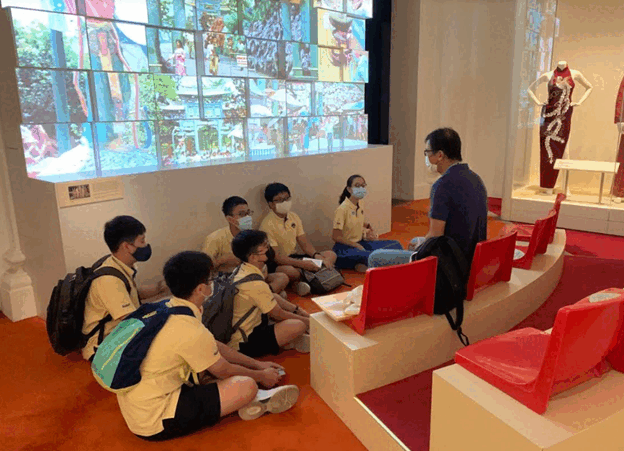Key Programmes
Key Programmes
The Humanities Department offers three subjects –Geography, History and Social Studies to help our pupils critically understand and appreciate both the human and physical worlds around them.

Joy of Learning and Culture of Thinking
Through the innovative use of Information Technology, “learning through play” hands-on activities and thinking strategies, the Humanities teachers engage the students in the subject to develop their depth in disciplinary knowledge and capabilities to analyse world issues with disciplinary conceptual lenses. This is where students’ learning takes on real-world meaning and relevance and find joy in learning.
Experiential Learning
A key feature of the Humanities education in Fairfield is the emphasis on outdoor and experiential learning, both locally and across regions. Students take up the role of young investigators and engage their senses to explore various topics in History and Geography. These experiences help students gain insights to a range of landscapes and cultures in different communities.
Investigative and Inquiry Learning
Students will experience investigative and inquiry learning in the humanities subject throughout their secondary school education. They will have the opportunity to conduct geographical investigation, historical investigation and issue investigation for Geography, History and Social Studies subjects.
Social Studies Issue Investigation (or II for short) is a performance task designed to provide a platform for students to demonstrate the knowledge, skills and values needed for active citizenship. As students conduct investigations on societal issues of meaning to them, they extend their inquiry skills by working as a group to identify a societal issue that is a cause of concern, gather data that reflects multiple perspectives, analyse the data gathered to surface trends and patterns that help address the issue, arrive at well-reasoned and substantiated conclusions, consider possible recommendations to the societal issue, and reflect on their understanding of the societal issue and examine personal assumptions and beliefs about the issue.


